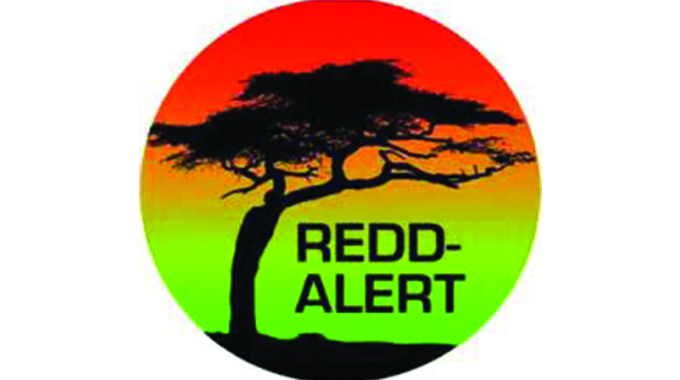Invictus Energy awarded 3 carbon offset projects

Michael Makuza, Business Reporter
OIL and gas exploration firm, Invictus Energy firm has been awarded three carbon offset projects, covering a combined 301,565 hectares of indigenous forests in Matabeleland North.
The projects are classified under Reducing Emissions from Deforestation and forest Degradation (REDD+) framework.

Reducing Emissions from Deforestation and forest Degradation (REDD+)
The Australia-headquartered firm entered a 30-year contract with the Forestry Commission of Zimbabwe (FCZ) for the development of the Ngamo-Gwayi-Sikumi (NGS) REDD+ project, which is renewable for a further 30 years, as part of the company’s sustainable plan to manage emissions.
The NGS REDD+ project areas were awarded by the Forestry commission through an international tender process and cover a combined 301,565 hectares of indigenous forest in Zimbabwe’s Matabeleland North province.
Invictus Managing Director Scott Macmillan said they look forward to partnering with the Forestry Commission and implementing this important project to protect indigenous forests in the Ngamo Gwayi and Sikumi areas.
“The award of these carbon offset projects marks a significant milestone for Invictus and will make Cabora Bassa one of the first carbon neutral oil and gas projects from the exploration phase to decommissioning, if our upcoming drilling campaign is a success.”
“We actively sought a carbon management solution that would benefit the country and communities where we operate,” he said.
The project will not only offset our emissions, but help ensure the preservation of Zimbabwe’s rich biodiversity, aiding both forestry and wildlife conservation efforts, while also creating jobs and sustainable incomes for the entire region, he added.
Meanwhile, the Invictus company said a five-year pilot REDD+ project, administered and funded by the Global Environmental Facility through the World Bank as part of the Hwange Sanyathi Biodiversity Corridor, was completed in the Ngamo and Sikumi forests in early 2020.

The World Bank
The five-year pilot REDD+ project included biomass assessments, which provided proof of concept for the NGS REDD+ project.
The NGS REDD+ project is going to protect indigenous forests by implementing programmes to mitigate deforestation activities.
A study by the Forestry Commission estimates that between 1992 and 2017 about 6.5 million hectares of forests were lost due to land clearance for agricultural purposes, wood for fuel energy use and other unsustainable forest land use activities.
Invictus Energy said the resulting benefits of these programs are quantified in the form of emission reductions which then generate carbon credits.
Profits from sales of carbon credits will be shared with the Forestry Commission and local community to fund protection of forests .
The project will be designed to support a range of activities beyond environmental protection, including promoting the independence and wellbeing of the local communities.
According to the firm, funds generated will be allocated towards projects aligned with UN Strategic Development Goals.
They aim at improving clinic amenities to provide better healthcare, schooling and education subsidies, and construction of new infrastructure to improve daily life.










Comments